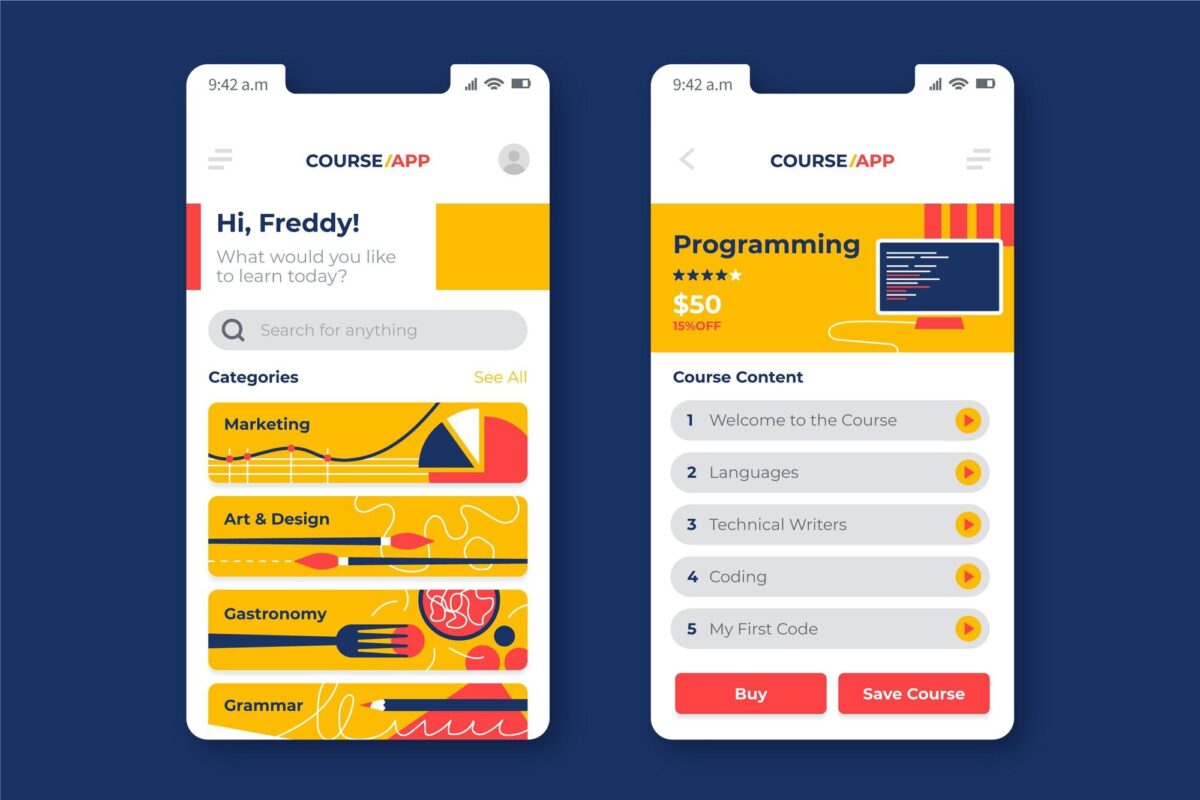Understanding User Personas for Effective Mobile App Design

In the ever-evolving world of mobile app design, one of the most critical factors for success is understanding your target audience. Every successful mobile app is built with its users in mind, and this is where the concept of user personas comes into play. By creating well-researched user personas, mobile app designers and developers can ensure that the app not only meets user needs but also provides an exceptional user experience. This article delves into the importance of user personas, how to create them, and their impact on mobile app design cost.
What Are User Personas?
User personas are fictional users of your app. They are created from market research, user data, and behavioral analysis. Each persona typically consists of their demographics and behavioral characteristics, goals, pain points, and preferences. A user persona is really a guidepost that leads designers to better and informed decisions while designing and developing something.
As an example, if you are developing a fitness app, one user persona might be a 28-year-old exercise enthusiast, who performs workouts daily, while another is a 45-year-old beginner trying to be healthier. Each persona will have distinct requirements and expectations from the app.
Why Are User Personas Important in Mobile App Design?
- User-Centered Design: Creating a personas ensures that the design is keeping the user in focus-It keeps it focused on needs and expectancies of the target audiences.
- Enhanced User Experience: By understanding user goals and their points of pain, one can develop intuitive designs that solve real issues.
- Efficient Communication: User personas serve as a common reference point for designers, developers, and stakeholders.
- Cost-Effective Development: Meeting user needs right from the start minimizes the risk of extremely costly redesigns and feature all-outs later on.
Steps to Create User Personas for Mobile App Design
1. Conduct User Research
Roughly search surveys, interviews, and focus groups to initiate. Conduct data analysis of current customers, market reports and analytics tools.
2. Identify Patterns and Trends
Dividing your data into segments can be used to discover patterns in recurring behavior, interests, and common pain points of users.
3. Define Demographics and Psychographics
Incorporate demographic dimensions such as age, gender, occupation, income range, lifestyle, and objectives. Psychographics include behavioral issues with attitudes, interests, and motivation.
4. Create Detailed Persona Profiles
Create personas by giving them names and including their photos and comprehensive profiles. Add their objectives, challenges, and expectations from the app.
5. Align Personas with App Goals
Ensure that each persona is aligned with the common goals and functionalities of the application.
Impact of User Personas on Mobile App Design Cost
It could make a big difference in the total cost rather than user persona understanding in general mobile app design. Below are ways in which:
- Minimized Design Revisions: They cause lesser chances of confusion, with the result being fewer revisions. The result is saving a lot of time and money
Focused Features: As the requirements are defined, they prevent the designer from adding some features to the application that is not crucial but rather appear complex.
Optimized Resources: The focus has been towards using those solutions that directly address the pain points of the user for better allocation of resources.
Better ROI: Thus, the apps designed around user personas would have a higher rate of success in the market with higher ROI’s.
Real-World Example
The following explains a food delivery application that considers professional busy people and college students as its target audience. Usability, as seen in user personas, indicates that professionals need fast checks and tracking orders, while students mostly require discounts and cheap prices. The design of the application thus caters for both groups but also influences the cost of mobile app design since unnecessary rework will be avoided eventually.
Best Practices for Integrating User Personas into Mobile App Design
- Involve Stakeholders Early: Ensure that the stakeholders comprehend and agree with the created personas.
- Update Regularly: User needs change; therefore, update for trending market changes.
- Use Personas Across Teams: Share personas with development, marketing, and QA teams for a unified approach
- Test with Real Users: Real users whose characteristics correspond to the created personas will validate their designs..
Conclusion
User personas are not just tools; they are essential assets in the mobile app design process. They help streamline decision-making, improve user satisfaction, and optimize mobile app design costs. Investing time and resources in creating accurate user personas can ultimately lead to a more efficient design process and a successful mobile app.
Whether you’re a startup or an established enterprise, integrating user personas into your design workflow ensures that your mobile app resonates with your audience, delivers value, and stands out in a competitive market.









